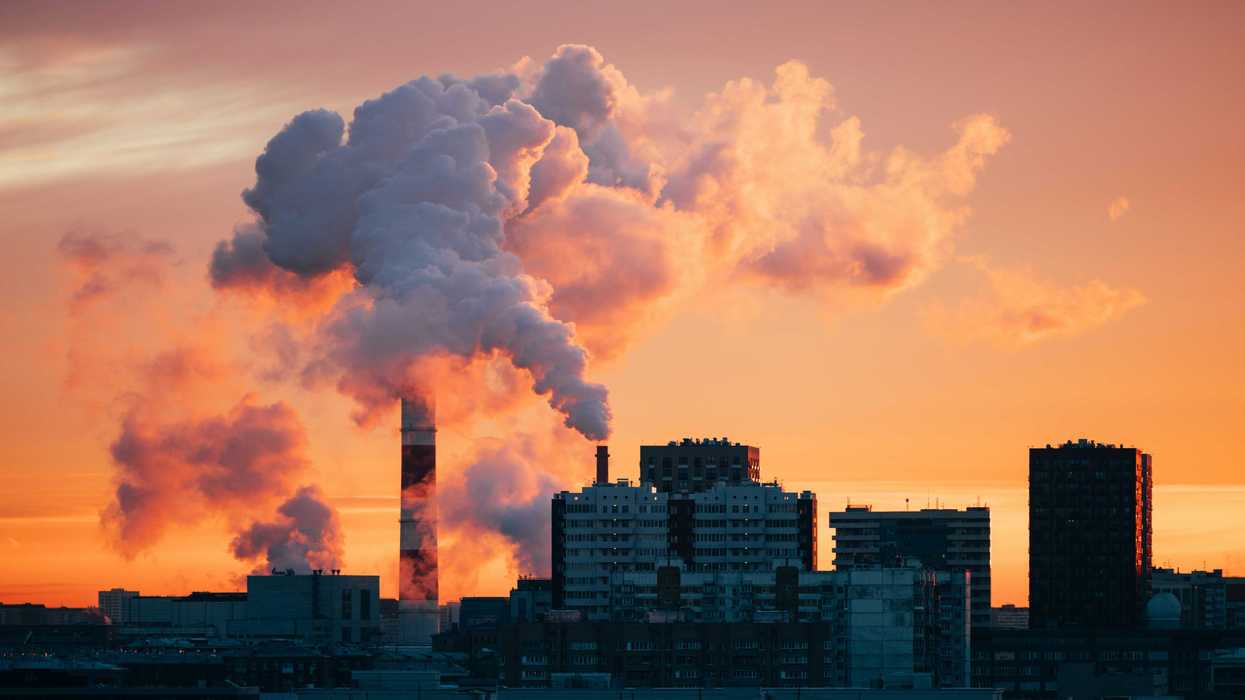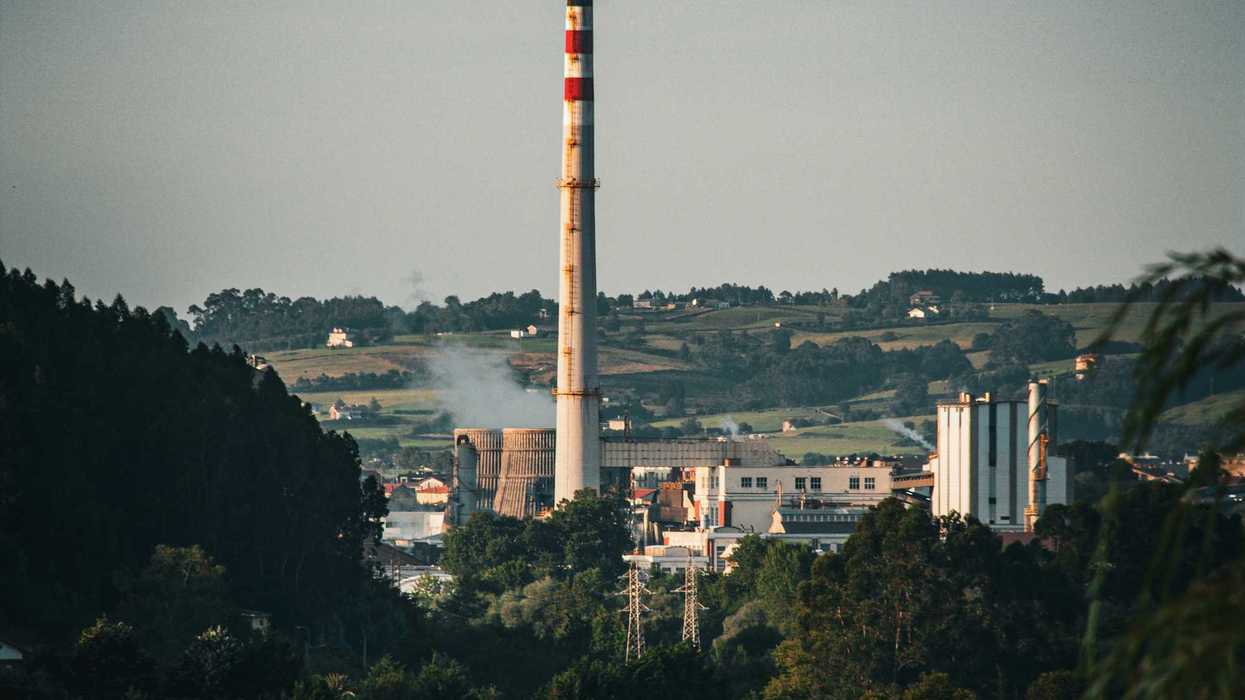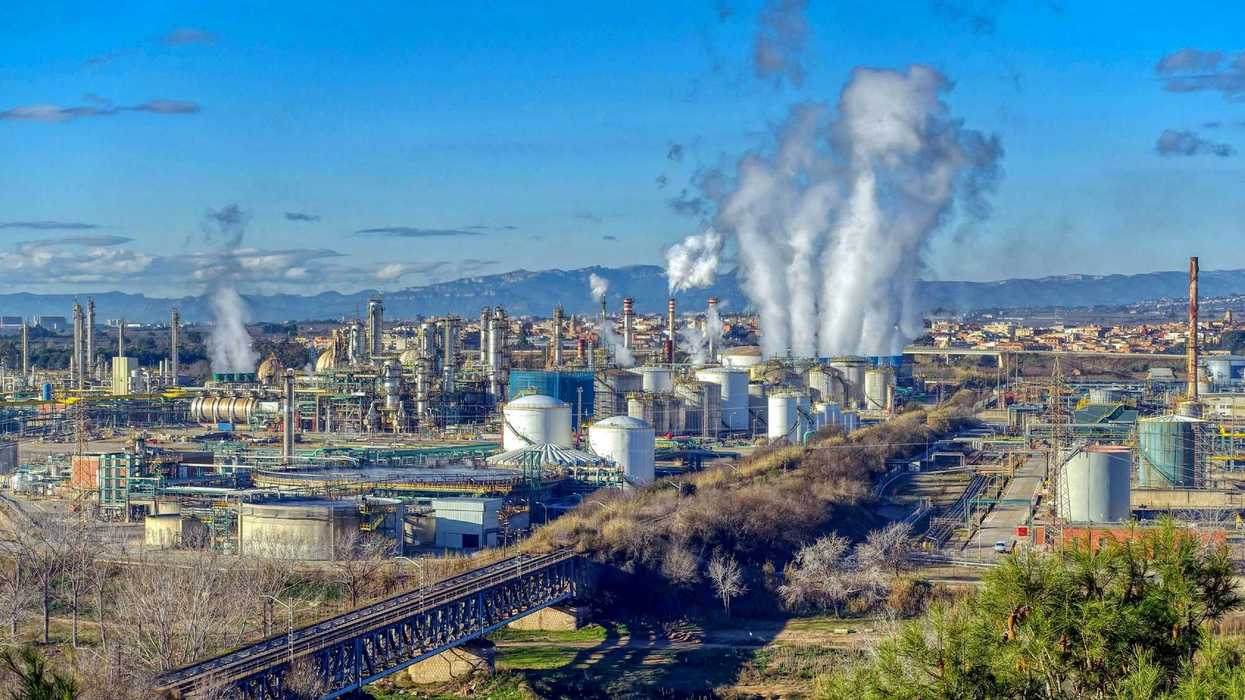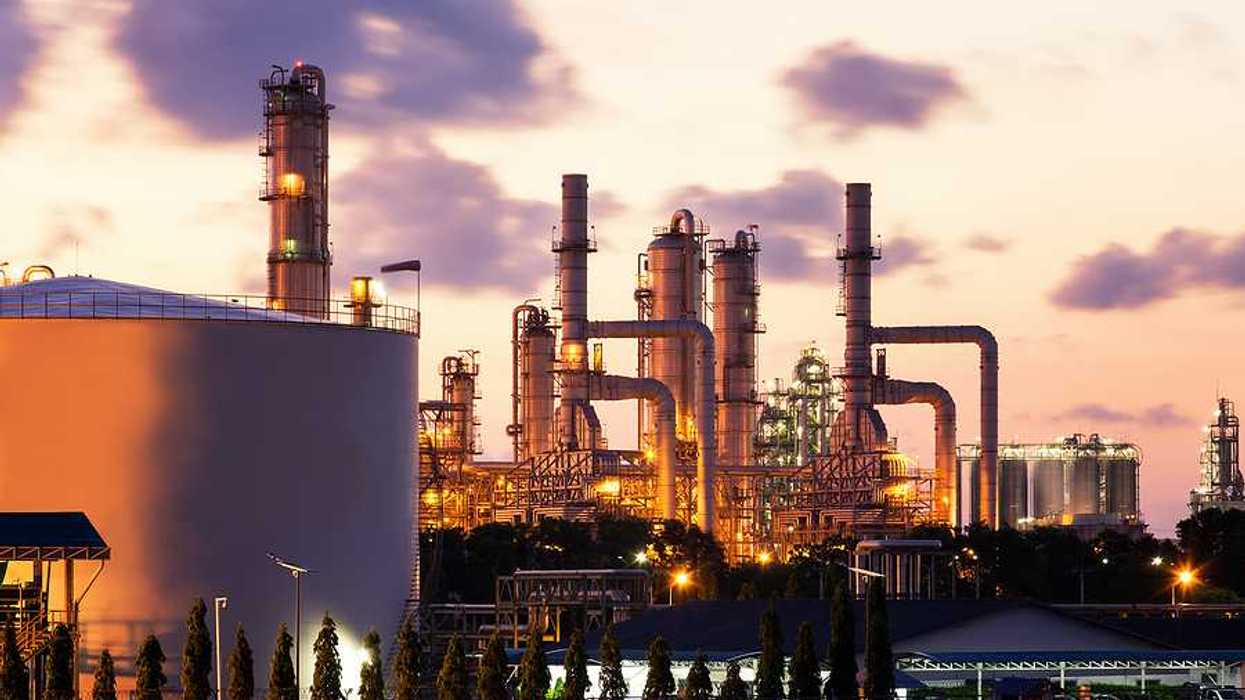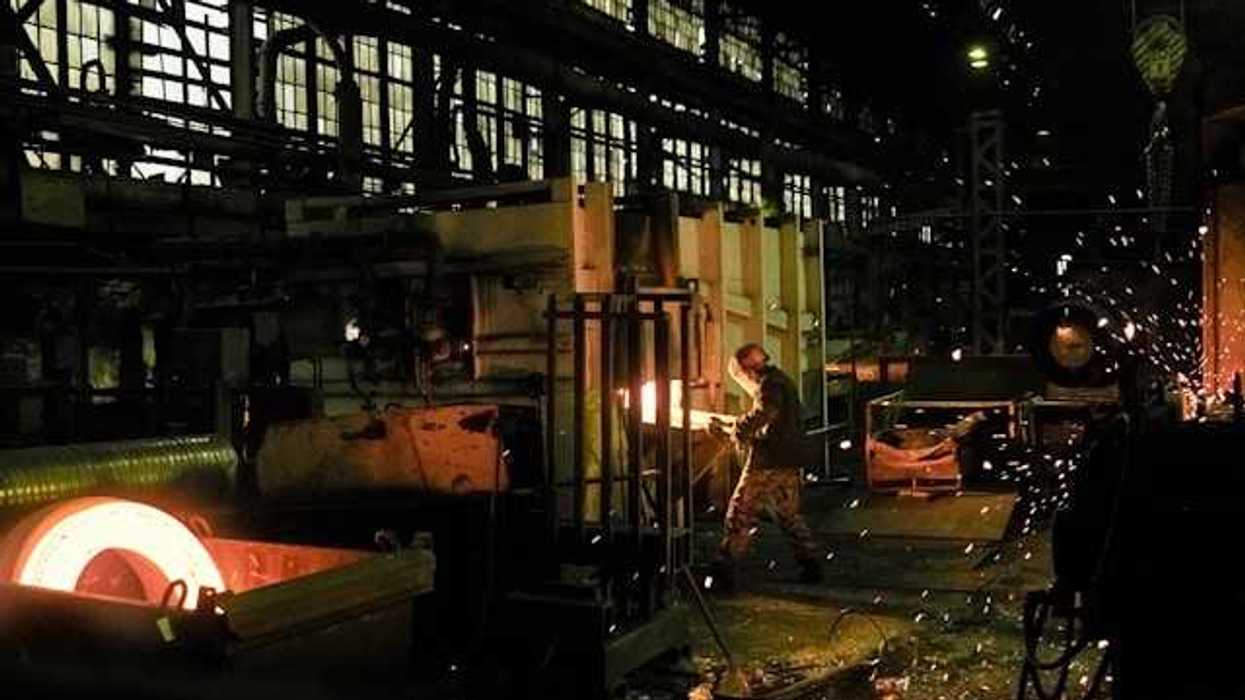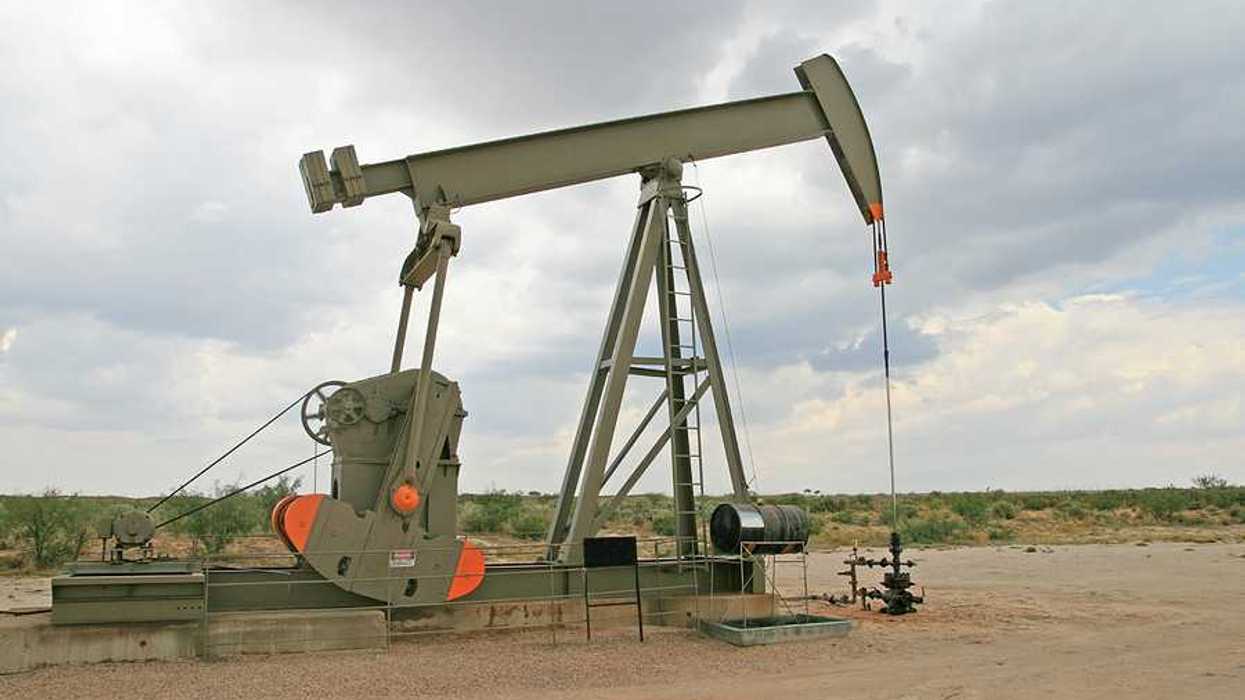A dire study reveals that Mexico City's metro system is sinking rapidly due to subsidence, posing risks to its infrastructure and passenger safety.
In short:
- Subsidence, caused by the compaction of land due to groundwater extraction, is sinking Mexico City at rates of up to 20 inches per year.
- The uneven sinking poses threats to infrastructure, with nearly half of the elevated segments of the Metro experiencing differential subsidence.
- Flooding, electrical system disruptions, and increased rail slopes are among the potential dangers.
Key quote:
“Trains can get derailed very easily if there is a slight change in the leveling of the railways.”
— Manoochehr Shirzaei, environmental security expert at Virginia Tech.
Why this matters:
As cities face subsidence due to over-extraction of groundwater and global sea levels continue their inexorable rise, infrastructure risks and public safety concerns amplify. Can we adapt to climate change in ways that solve other problems too?





